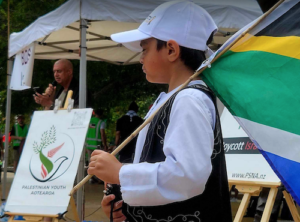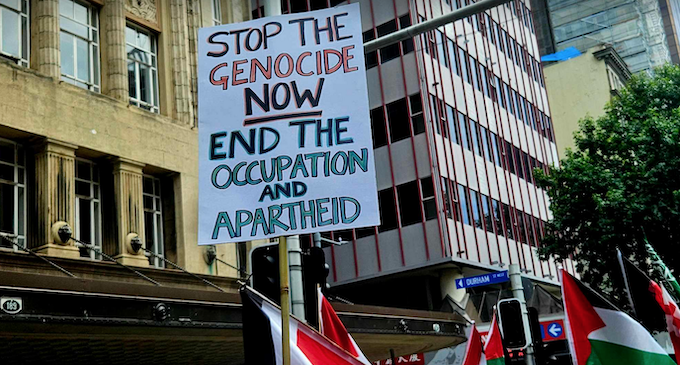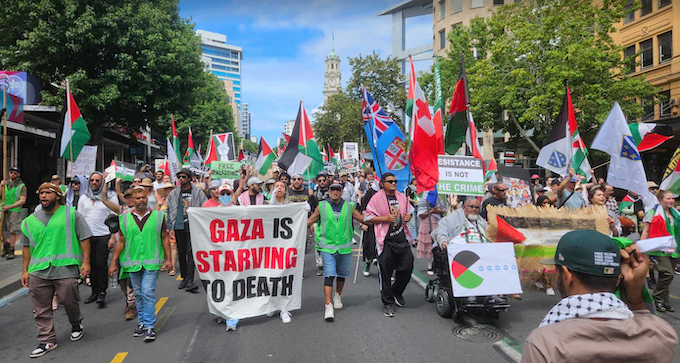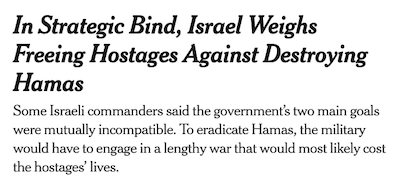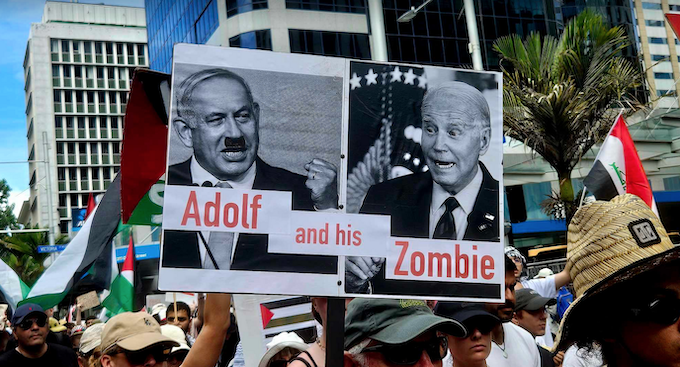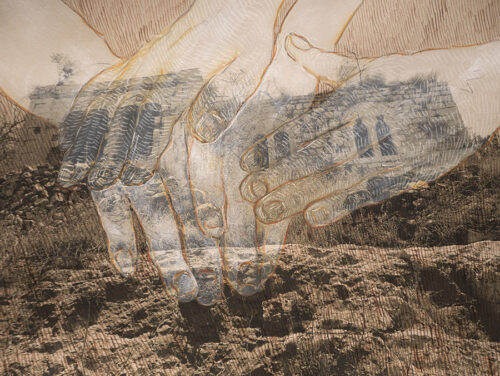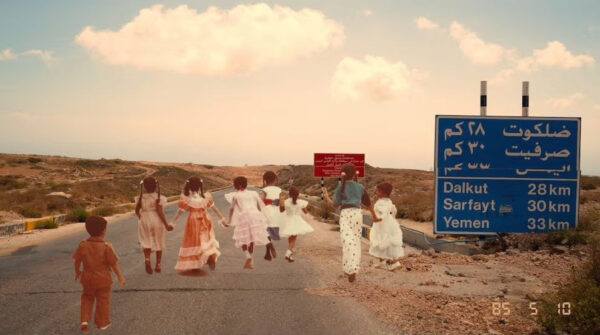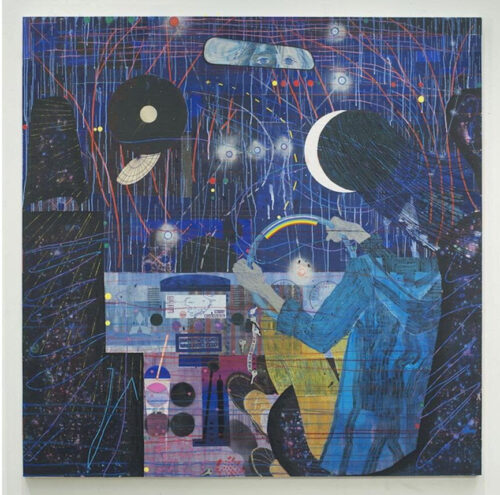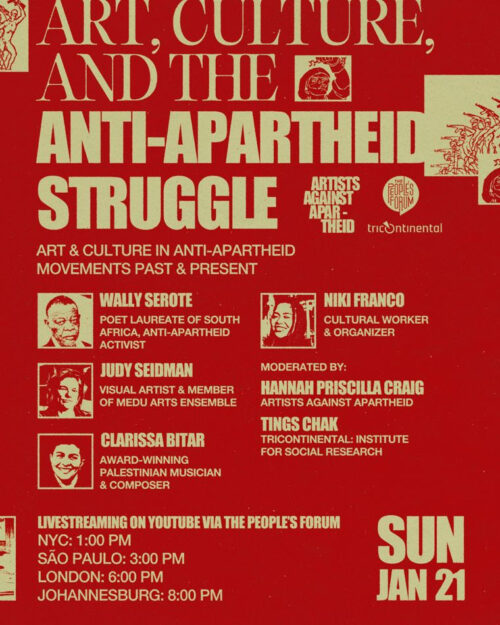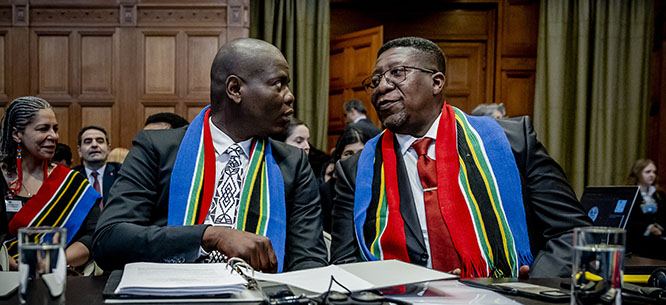Beginning at the General Assembly held in Durban on the first Sunday in February Abahlali baseMjondolo has held an extensive process of meetings and discussions at all levels of our movement, and in all our 87 branches in good standing across the four provinces where we have members, to develop a collective strategy for the election to be held on 29 May 2024. The Youth League and Women’s League also held their own discussions. The discussions in our monthly General Assemblies have all been open to the public and have been attended by representatives from a number of other organisations. We also held a successful voter registration drive with the aim of mobilising all of our more than 120 000 members in good standing to participate in the election, and to encourage others to do the same.
There were three starting points to our engagement around this election, all agreed on in the General Assembly in February. They were as follows:
• The ANC has been assassinating our leaders since 2013 and in 2022 we lost three leaders to assassination and a fourth to a police murder. It is therefore imperative that the ANC be given a very strong message that repression will not be tolerated, and preferable that it be removed from power altogether. The new MK party is an off-shoot of the ANC in which some of its worst people and tendencies are present. It has taken some dangerously right wing positions. It must also be considered as a serious threat to society and to our movement.
• We are a socialist organisation committed to building socialism from below via the construction of popular democratic power. However there is no left party on the ballot and so we cannot vote for the programme of any party or with any confidence in its allegiance to the people and to progressive principles. It is not possible to vote for our key principles such as the full decommodification of land or the right to recall.
• Given the seriousness of the crisis of repression, a crisis that poses an existential threat to our movement, abstentionism is not a viable strategy and it is therefore necessary to make a purely tactical vote against the ANC and MK. No tactical considerations can enable a vote for the DA as it opposes land occupations, puts the commercial value of land before its social value and refuses to condemn the ongoing genocide in Palestine.
Although the imperative to deal a serious blow to the ANC in this election is urgent, and a literal matter of life and death, there are limits to how far we can compromise with a tactical vote. In the past we have called on people to vote against the ANC according to their conscience but there is a possible benefit in voting as a bloc in that whichever party we collectively decide to give our tactical support will know that this support is conditional on accepting some key principles. We are aware, of course, of the risk that any party that we choose to support in this election with the tactical aim of weakening or removing the ANC may hand our votes back to the ANC, to the people who are assassinating us, during coalition negotiations.
These demands are not a statement of our full political vision or our political practices. They are a statement of the minimum criteria for us to be able to offer a party our tactical support as we take our struggle against political repression onto the electoral terrain.
The set of twenty minimum demands that emerged from two months of intensive discussions involving thousands of people are as follows:
Election 2024: The People’s Minimum Demands
1. Well located urban land must be made available for people to be able to build homes and other community infrastructure, including community gardens. This will require a land audit to make planning effective.
2. Those who wish to receive government housing and meet a reasonable income criteria should be placed on the housing list. Government housing must be built at scale and with urgency and must be decent and fit for human beings. Transit camps must be rejected as an insult to the dignity of the people. The housing list must be transparent and neither renters nor any other particular group of residents should be excluded from the list.
3. There must be a serious commitment to affirming and defending the dignity of the people, of all the people including the poor and all vulnerable groups.
4. There must be a clear and viable plan to provide either decent jobs or a liveable income for all. While youth unemployment is a particularly severe crisis for people over 35 must be included in this plan. Informal forms of work should be respected, supported and, where there is danger and exploitation, regulated to ensure safety and fair labour practices. This must include sex work.
5. There must be an end to the criminalisation of land occupations which need to be understood as a form of grassroots urban planning. When there are genuine social complications around land use these must be resolved with negotiation and not with state violence.
6. Existing shack settlements and new occupations must receive collective tenure and the provision of non-commodified access to basic services such as water, electricity, sanitation and road access, and refuse collection must be undertaken as an urgent priority.
7. There should be extensive state support for community gardens including seeds, tools, irrigation and fencing, as well as participatory workshops in agroecological farming methods. The state should also support a system of community controlled markets for produce to be sold. People receiving grants from the state should be able to use their cards to buy at these markets.
8. There must be a clear and viable plan to end load shedding that includes commitments to provision for access by the poor, to a responsible transition to socially owned and managed renewable energy and to ensure that workers in the current system are not discarded.
9. There must be lifelong, free and decolonised education available to all, irrespective of age. Education must include skills for people to be able to find employment and develop their communities as well as forms of education that are simply there for people to develop themselves. Community run creches and schools (along the lines of the Frantz Fanon School in eKhenana) should receive state support if they meet clearly elaborated criteria for democratic management and a social function.
10. There must be state support for democratically run communes and cooperatives and the tendering system should, wherever possible, transition from supporting private business towards supporting cooperatives.
11. There needs to be a clear plan to address the crisis in the health care system, which must include employing many more doctors, nurses and other health care workers. The overcrowding of clinics and hospitals must be addressed.
12. There needs to be a clear plan to address the crisis of violence in society, including violence against women, as well as other forms of socially damaging behaviour. This must not take the form of escalating the endemic state violence against the poor but should rather take the form of building a more peaceful, safe and just society.
13. There needs to be a program to decentralise access to educational opportunities and possibilities for employment to ensure national access, including in rural areas.
14. Political parties need to have a clear program to develop the intellectual strength and integrity of their leaders, and to do the same for government officials.
15. Corruption needs to be understood as theft from the people and to be dealt with decisively. After due process any politician shown to be guilty of corruption must be suspended from their political party for a period of five years, after which rehabilitation can be considered if there is genuine acknowledgment of wrong doing. Any official seeking to extract bribes, to sell houses or to only allocate houses, services or any other benefits to members of a particular political party must be swiftly investigated and, after due process overseen by an elected jury from the affected community, dismissed from their position.
16. There must be a serious commitment to dealing with the environmental crisis from a people centred perspective. This includes effective action to stop the dumping of rubbish in shack settlements.
17. Participatory democracy – affirmed under the slogan ‘nothing for us without us’ – must be committed to as a clear principle to guide all engagements between the state and the people. This is particularly important at the community level.
18. There must be clear opposition to the genocide being carried out in Gaza, and a clear commitment to freedom and justice for the Palestinian people, and for all oppressed people everywhere.
19. There must be a clear rejection of xenophobia, ethnic politics, sexism, discrimination against LGBQTI+ people and all other attempts to divide and weaken the people.
20. There must be a clear commitment to oppose all forms of political violence and political repression in South Africa, no matter which person or organisation is suffering political violence or repression. This commitment cannot be limited to empty words and must be backed up with real action including mass mobilisation, media campaigns, legal action, etc. There must be a commitment to work against political violence and repression with all political forces opposed to political violence and repression.
There was also a clear demand addressed to the movement rather than to the existing political parties. Our members are clear that while they understand that electoral politics is just one terrain of struggle and that it should never replace or distract from the work of building popular democratic power from below, of building socialism from below, they do want to be able to vote for a left party in the next election, and that the movement should, working with like-minded membership based organisations, begin a process of considering how to build a political instrument for the people, a political instrument that aims to put the people in power rather than a new set of individuals.
A three day camp for leaders from all provinces was held from 22 to 24 March in the Valley of a Thousand Hills. At that camp it was resolved that we would:
(a) Invite interested political parties other than the ANC, MK and the DA to the Abahlali General Assembly to be held on 7 April. It was decided that at this General Assembly we would present the People’s Minimum Demands in order for parties to respond to the demands carefully developed by the people through a democratic process as opposed to Abahlali listening to the parties’ manifestos. The parties would then respond to the people rather than the people responding to the parties. We will then collectively consider their responses before formulating our final position on the election.
(b) Engage in mass mobilisation for the Unfreedom Day Rally to be held in Durban on 21 April. This mobilisation will include mobilising other progressive membership based organisations, progressive trade unions and other left organisations willing and able to work with organisations of the poor and working class on the basis of mutual respect.
(c) A public announcement of the final movement position on the election will be made at the UnFreedom Day rally.
We have just concluded the General Assembly at which the People’s Minimum Demands were presented to representatives from a number of political parties. The process of discussion in our movement, and engagement with other membership based organisations of the poor and the working class, will continue until 21 April.
The post South African Election 2024: The People’s Minimum Demands first appeared on Dissident Voice.This post was originally published on Dissident Voice.

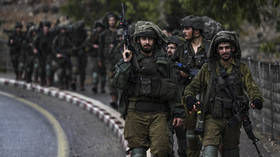
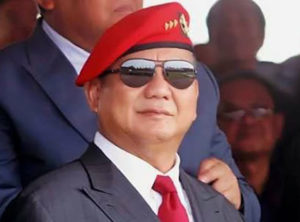


 (@OnlinePalEng)
(@OnlinePalEng)  (@DrAyeshaOmar)
(@DrAyeshaOmar) 